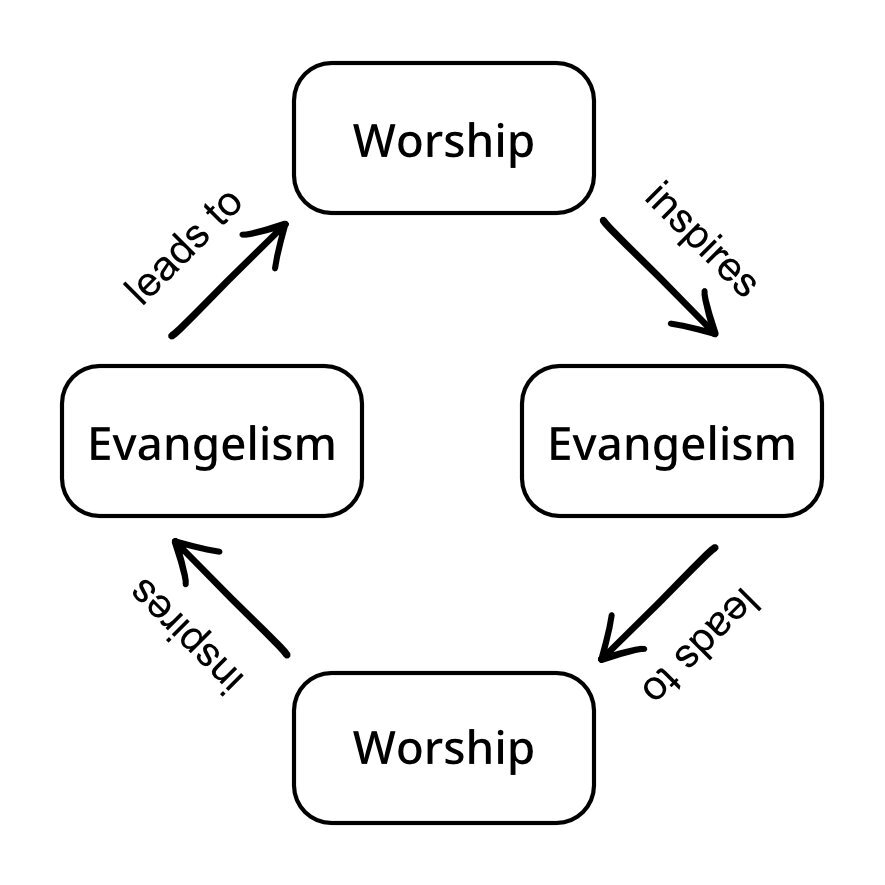Lesson Objectives
By the end of this lesson, the student should:
(1) Understand how Jesus is both our example in worship and the focus of worship.
(2) From the Gospels, Acts and Revelation, recognize false types of worship.
(3) Make a personal commitment to both worship and evangelism.
(4) From the Epistles, know the primary elements of worship in the early church.
(5) Experience worship that is focused on God.


